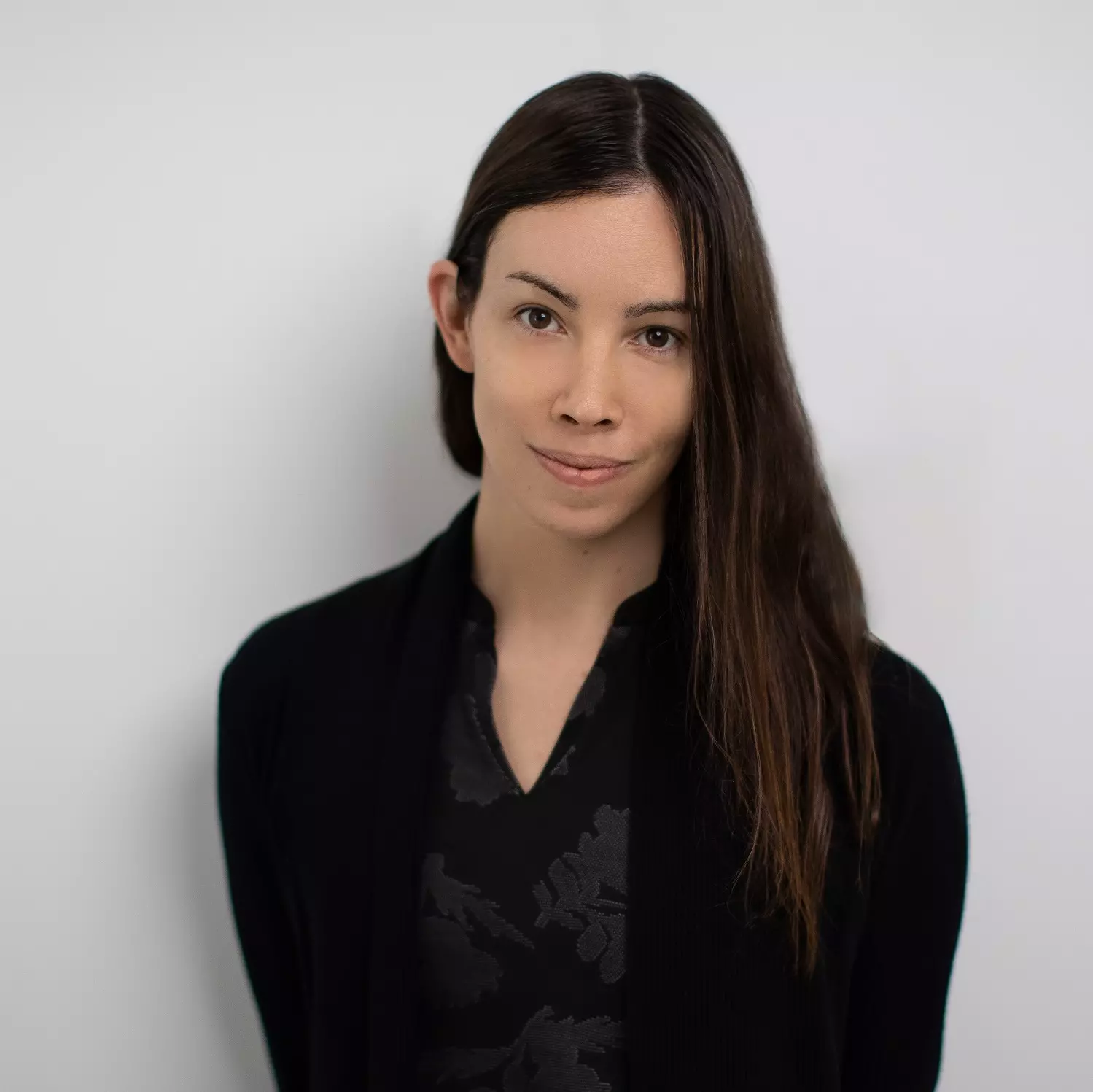LynAlden on Nostr: When I was a kid, I was interested in aerospace engineering. My half-brother (who is ...
When I was a kid, I was interested in aerospace engineering.
My half-brother (who is 30 years older than me and was therefore old enough to be an uncle and had that kind of relationship to me) spent his career as an engineer and then an executive at a major aerospace defense contractor.
He was the most accomplished person of my family and was raising a happy family, he always kind of represented a role model of who I wanted to be. Hard-working, successful, well-off, and with good priorities around building a happy family.
As I studied math and science in high school and engineering in college, I assumed that would probably go work for the same company as him one day (which two of his three kids do now). As a teenager, I could tell you how many aircraft carrier groups the US had, roughly how many B-2 bombers the US had, how much they cost, the technical pros and cons of various fighter jets, comparative missile arsenals among global powers, etc.
But when it came time to graduate and go into engineering (during the Iraq War which I opposed), I couldn’t do it. It’s not that I am opposed to advancing aerospace or making weapons for sovereign defense per se, but rather that I didn’t agree with how the US military structurally uses its weapons globally.
I began focusing on industrial automation instead, and then ended up in civil aerospace engineering (with a focus on electrical engineering). That area captured some of what I liked about the field of aerospace engineering, but was focused on making aircraft safer and more efficient, rather than more deadly. I spent a decade there in a rewarding career, and followed a similar career path as my half-brother, meaning that I went from engineer to senior engineer to management and finance for the engineering facility, and so forth. But for peace rather than for war.
I eventually left the work due to my financial research business growing and overshadowing my engineering work in terms of scale. I had always done financial research work part time as my passion, but at some point it took off and that made it uneconomical to work in engineering/management anymore.
After several years of focusing on financial research, I got into bitcoin venture investing in part to help fund engineers and assist them in building things, which was basically what I was doing in my prior role in aerospace and is something I am still strongly drawn to.
Anyway, I thought of this as escalations flared in the Middle East this weekend. It’s amazing how small decisions or pivot points can affect where we end up in life.
My half-brother (who is 30 years older than me and was therefore old enough to be an uncle and had that kind of relationship to me) spent his career as an engineer and then an executive at a major aerospace defense contractor.
He was the most accomplished person of my family and was raising a happy family, he always kind of represented a role model of who I wanted to be. Hard-working, successful, well-off, and with good priorities around building a happy family.
As I studied math and science in high school and engineering in college, I assumed that would probably go work for the same company as him one day (which two of his three kids do now). As a teenager, I could tell you how many aircraft carrier groups the US had, roughly how many B-2 bombers the US had, how much they cost, the technical pros and cons of various fighter jets, comparative missile arsenals among global powers, etc.
But when it came time to graduate and go into engineering (during the Iraq War which I opposed), I couldn’t do it. It’s not that I am opposed to advancing aerospace or making weapons for sovereign defense per se, but rather that I didn’t agree with how the US military structurally uses its weapons globally.
I began focusing on industrial automation instead, and then ended up in civil aerospace engineering (with a focus on electrical engineering). That area captured some of what I liked about the field of aerospace engineering, but was focused on making aircraft safer and more efficient, rather than more deadly. I spent a decade there in a rewarding career, and followed a similar career path as my half-brother, meaning that I went from engineer to senior engineer to management and finance for the engineering facility, and so forth. But for peace rather than for war.
I eventually left the work due to my financial research business growing and overshadowing my engineering work in terms of scale. I had always done financial research work part time as my passion, but at some point it took off and that made it uneconomical to work in engineering/management anymore.
After several years of focusing on financial research, I got into bitcoin venture investing in part to help fund engineers and assist them in building things, which was basically what I was doing in my prior role in aerospace and is something I am still strongly drawn to.
Anyway, I thought of this as escalations flared in the Middle East this weekend. It’s amazing how small decisions or pivot points can affect where we end up in life.
